define:loleg(h)
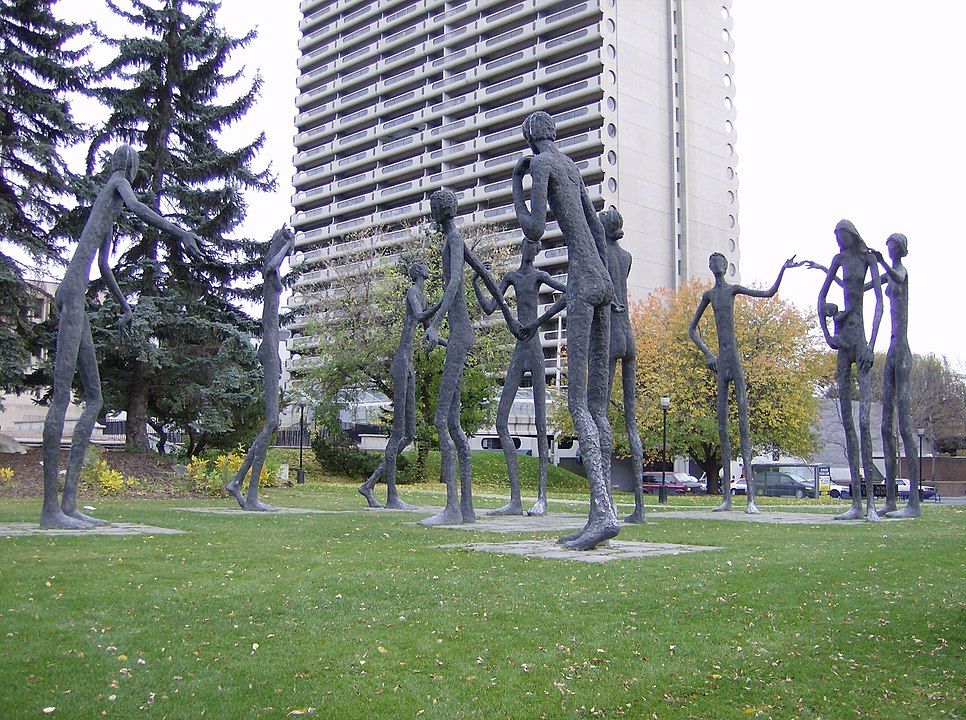
What's in a name? What does saying a name out loud most remind you of? Mine invokes eastern origins, where distinction (отличность) is just a persona (личность). The origins of Oleg are Old Norse; a few millennia ago, you might have been shouting out "Hei Helgi!", instead of tweeting or tooting @loleg. There is more to learn about names in this new exhibition at the House of Religions in Bern.

The Russian pronunciation of my name gets transliterated as Al'yehg. I've played with the idea of adopting the Ukrainian-Polish spelling and vocalization – Oleh – for hope and solidarity. To drop my middle name, which has no significance in the western world. To remember to add gender pronouns (he/they), opening up the delineators of identity in places where humanity matures. Open up to possibility.
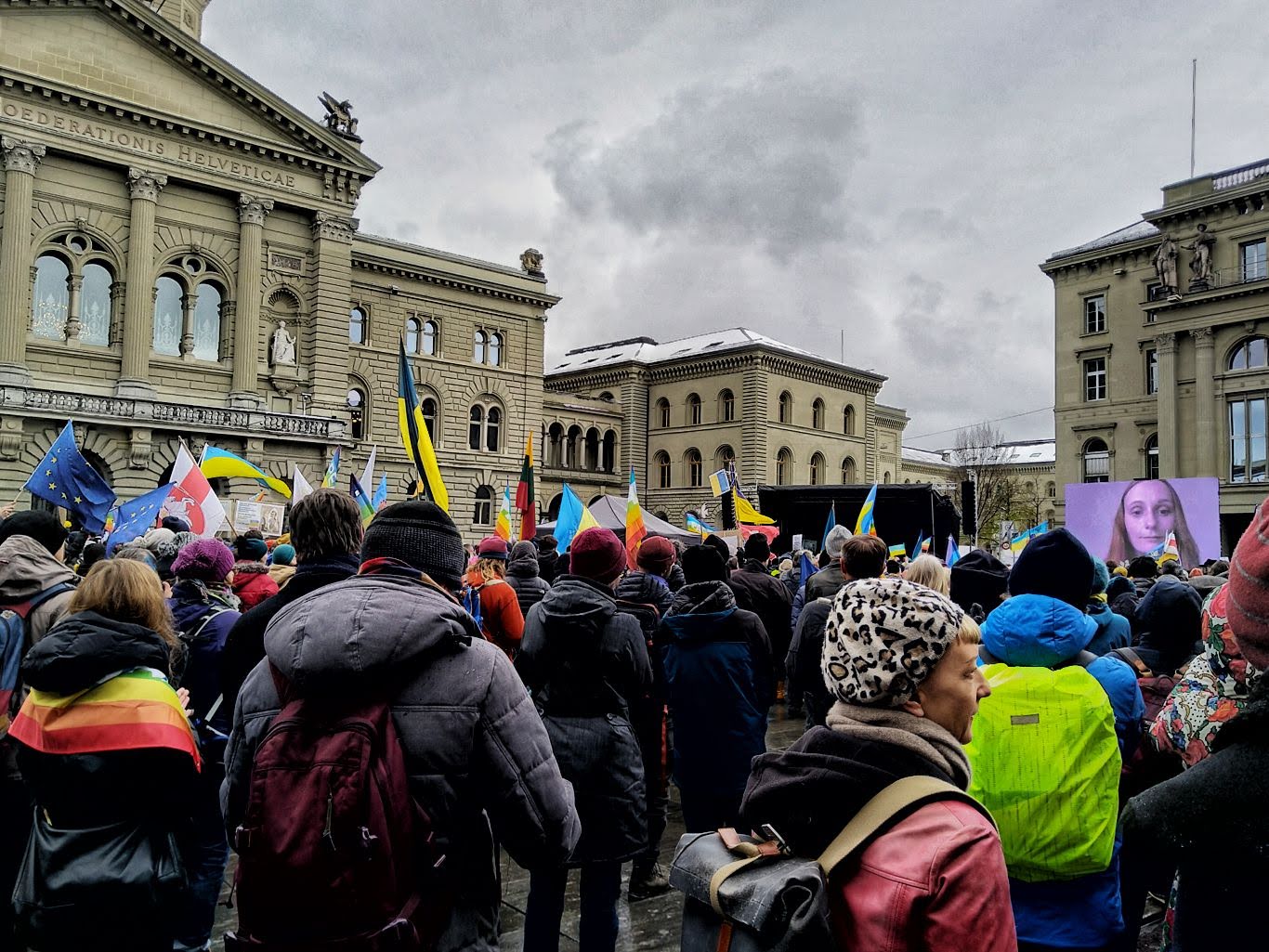
This is how I remember growing up in the 1990s, as a young immigrant in Canada, where my parents found themselves during the collapse of the Soviet Union, plucking me out in early childhood. Calgary, Alberta is a large town at 51° N, the air kept crisp by strenuous winds blown down from the Rocky Mountains. I quickly got used to the language and culture, yet remained socially somewhat isolated, finding much solace in the warm glows of 8-bit era computers and networks.
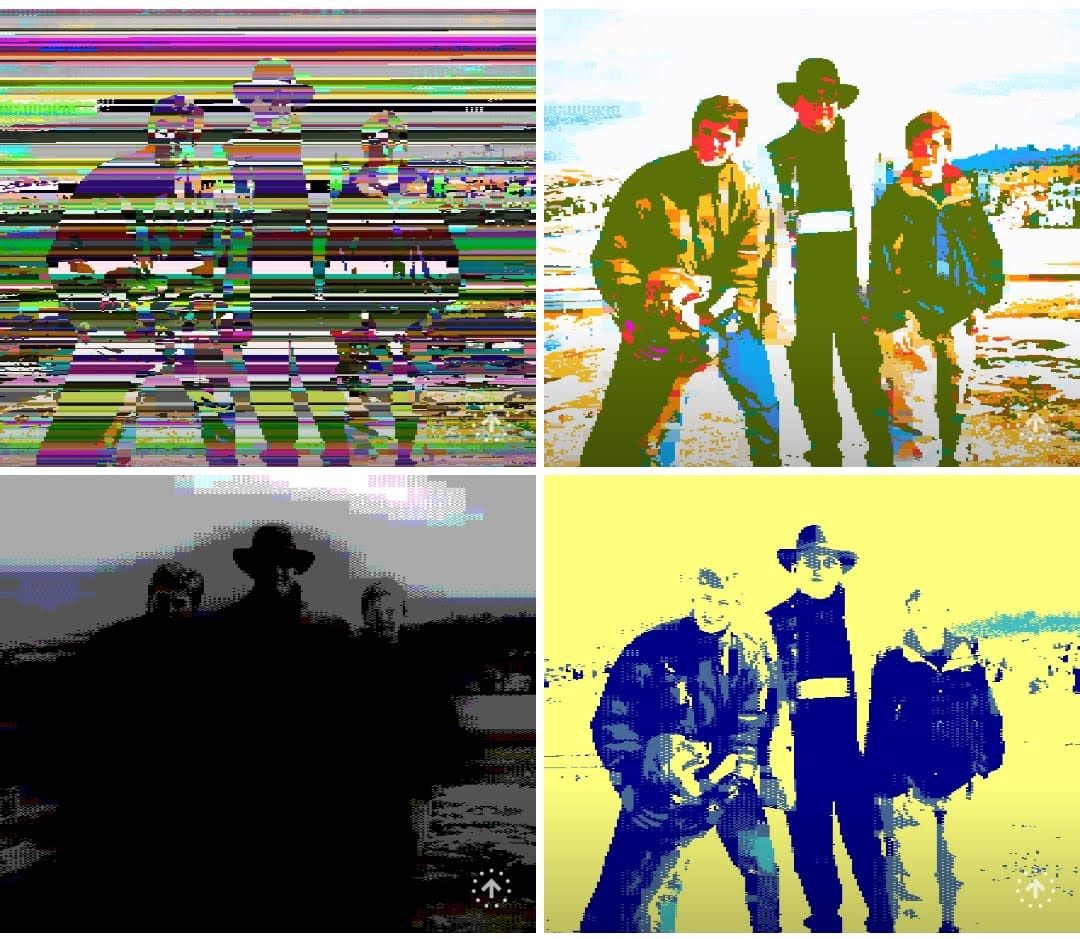
With years, I found my way into your hearts and homes, and am grateful to many Calgarians: my friends (your deeds of valor are remembered!), neighbors (and pets), social workers and teachers (Sunnyside, Rosedale, G.A.T.E. program, Queen Elizabeth Jr. and Western Canada Sr. High). To my team in the Crowfoot Coyotes (🏒), fellow nerds at the computer club (👾), fellow voices of the choir (🕯️), fellow rockers of the band (🤘🏾). The Science Fair posse (🧑🏿🔬), the Shad Valley troop (Waterloo 1999). Happy moments in a time that was marked by displacement, conflict, loss, and adaptation.
Occasionally referred to as “Silicon Valley North” in attempts to diversify the petroleum-dominated economy, Calgary is home to many ethnicities, including a large Ukrainian community who looked after me and my brother Vlad (the genius in the family – there, I said it). It is noted in geek circles as the location of one of the first hackathons for free software. I recall hearing about OpenBSD on a BBS or some such grapevine at the time, long before I knew the difference between BSD, Unix, Linux, and FOSS.

Servicing computers and debugging token-ring networks became second nature after spending far more time than prescribed in the computer labs after school, in basement makerspaces, and garage startups. One of these was a precocious web development shop (Perpetual New Media) with one of my best and most enterprising friends. A failed online divestiture portal (PetroDivest) was my first large-scale web application, an early foray into the joys of geodata.
Determined to hack my way across the planet, after an International Baccalaureate program I started studies in International Relations at the University of Calgary, then continued with a Certificate in Mathématiques at the Université Laval in Quebec. Romance, skiing and a thirst for knowledge brought me to Switzerland, where my enthusiasm for linear algebra at the Université de Lausanne was later refined into applied studies in telecommunications engineering at EPFL.
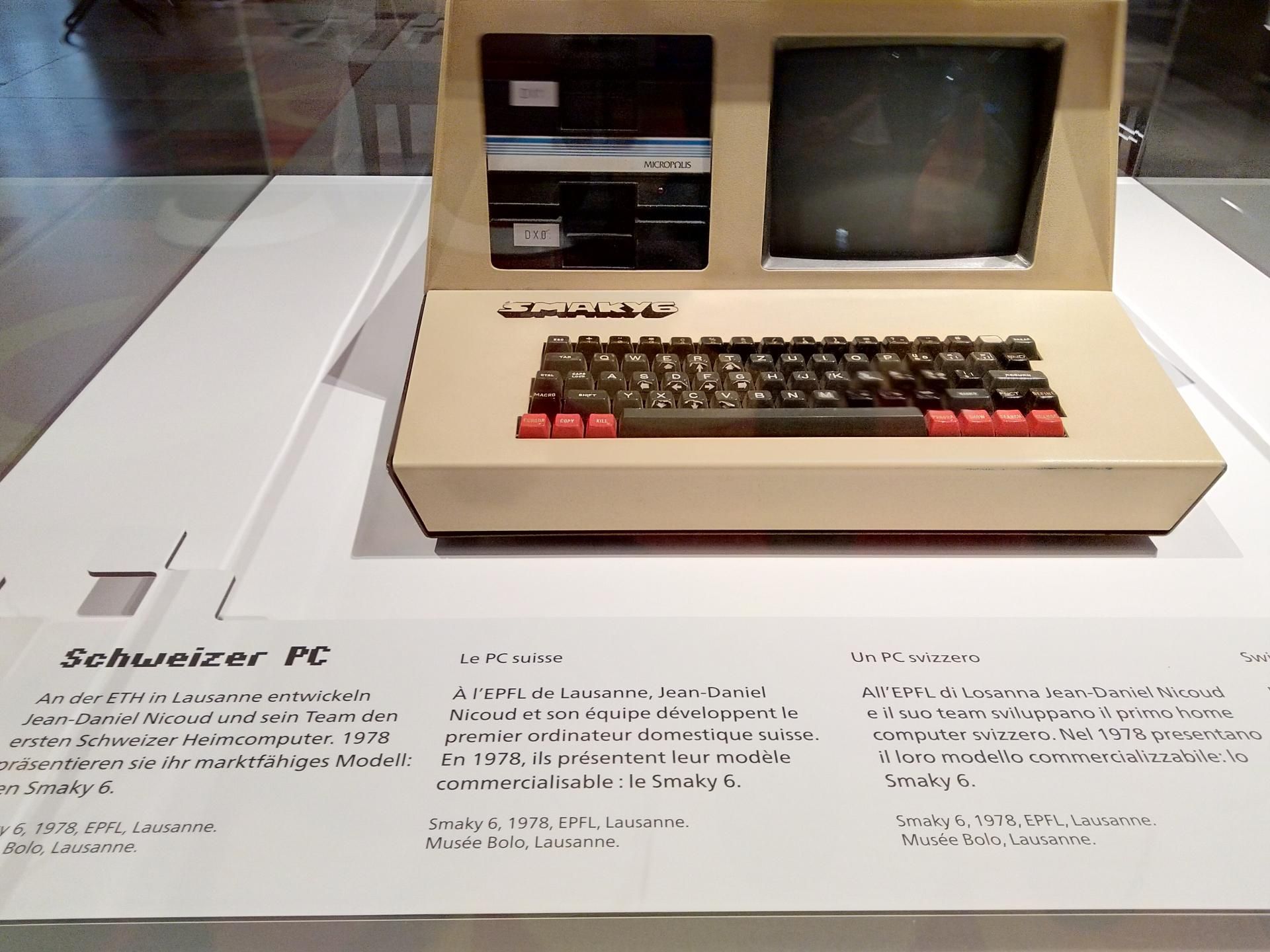
Without completing my degree, I started work in academia (Space Center EPFL), then in the IT industry (BEO Solutions AG), within startups (Miomi, Nestoria) and multinationals (Cisco Systems, Inc.). My lack of specialization and academic credentials molded my outlook as a generalist and perpetual learner. It was a privilege to get to see the world, spend time in California and in India, get immersed in the tech districts of Oxford, London, Berlin, and Zürich. After a decade of software engineering, I made my way to the more self-guided and purpose-led vistas of freelancing and teaching.

Since 2012, I worked as a freelancer on data wrangling, networking, and multimedia with a variety of organizations in the public and private sector. Occasionally hired for longer projects, I was able to start and support research & development, making a small impact on all manner of institutions. Humble thanks are due to my trusted customers, whom I see both as clients and partners in a ten-year journey through a challenging, inspiring landscape 🩵 Thanks also to Thomas, David, and Vivien for keeping my books in order.
While most of my activity is in data architecture, application development, and other higher levels of abstraction, I still try to find myself sweating regularly over a motherboard or breadboard with a screwdriver in hand. This is exemplified in my membership of the Open Networking Infrastructure Association (ONIA) and our Bern community. I'm a fan of the Maker movement, the Repair Café, wir lernen weiter, and other such strategies of prolonging the life of electronic devices.
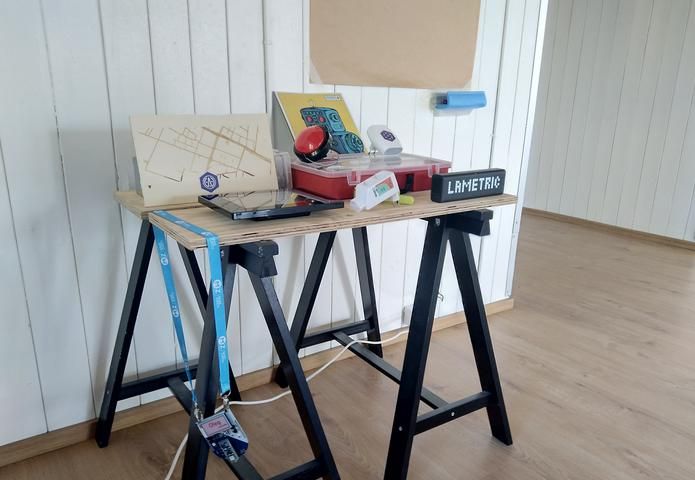
Through encounters in coworking and hackerspaces around the country, I became a core member of the sociocratically-run community of Effinger, where my first project was helping to run the pilot Powercoders ICT academy for refugees in Bern. I ended up joining Effinger to expand and run the project for a few years, and while I am less active here today, this continues to be a powerful source of enlightening conversations and immersive experiments.
In the middle of 2020, freshly informed by the experience of applying pandemic-response safety measures, a group of locals installed an affiliate coworking space in the centre of Köniz. This 100-year-old house, where train parts were once produced to be shipped all over Europe, is currently a shared office. You can find me here most days, among renewable energy builders, life coaches, hackers, students. Creating excellent working and collaboration conditions remains a strong personal preoccupation in both a digital and tangible sense.
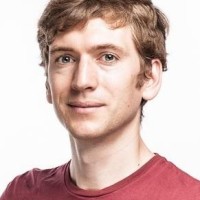
What started as a hackerspace topic in Oxford became a growing engagement in digital civil society organizations over the past ten years. I regularly support several non-profit organizations, most notably Opendata.ch – the Swiss chapter of Open Knowledge Foundation, which runs civic innovation hackathons around the country. You can read my chronicles of this journey in this blog and at forum.opendata.ch, or hear me sharing views on open data activism & literacy on video.
Echtzeit - Digitale Kultur is the only Swiss association dedicated to support of the Demoscene. Already in my youth, I made a habit of indulging in this kind of space and time-constrained, often team-based activity – an endless source of fascination for all things electronic and fractal. For 7 years I organized the Demonights and Graffathon, more recently helping to start the MountainBytes party and Demolab. Here is an example of visuals that a friend and I contributed to such an underground electronic art gathering:
A familiarity with numerous code platforms carries experience with the “turf wars” that come partly out of incongruities between computing styles – and partly out of social bubbles and tech geography. My hope is that open data continues to be a mediating element, bringing communities of practice together. This is one important reason why I have been contributing to the Frictionless Data standards at Open Knowledge, for years taking part in foundational discussions of data portability, running learning sessions, and applying the tools in a variety of domains.
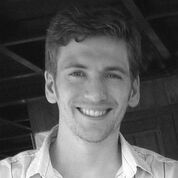
Most of my everyday work involves maintaining code in Python, ECMAScript and various DevOps and shell scripting dialects, which tend to work very well with Data Packages. With a 2018 grant from the Alfred P. Sloan Foundation, I contributed efforts towards developing Frictionless Data support for the Julia programming environment, particularly suited to high-performance computing. The following year, I took on the similarly testing challenge of supporting open source efforts and standards for the Go-based workflow system Proxeus.
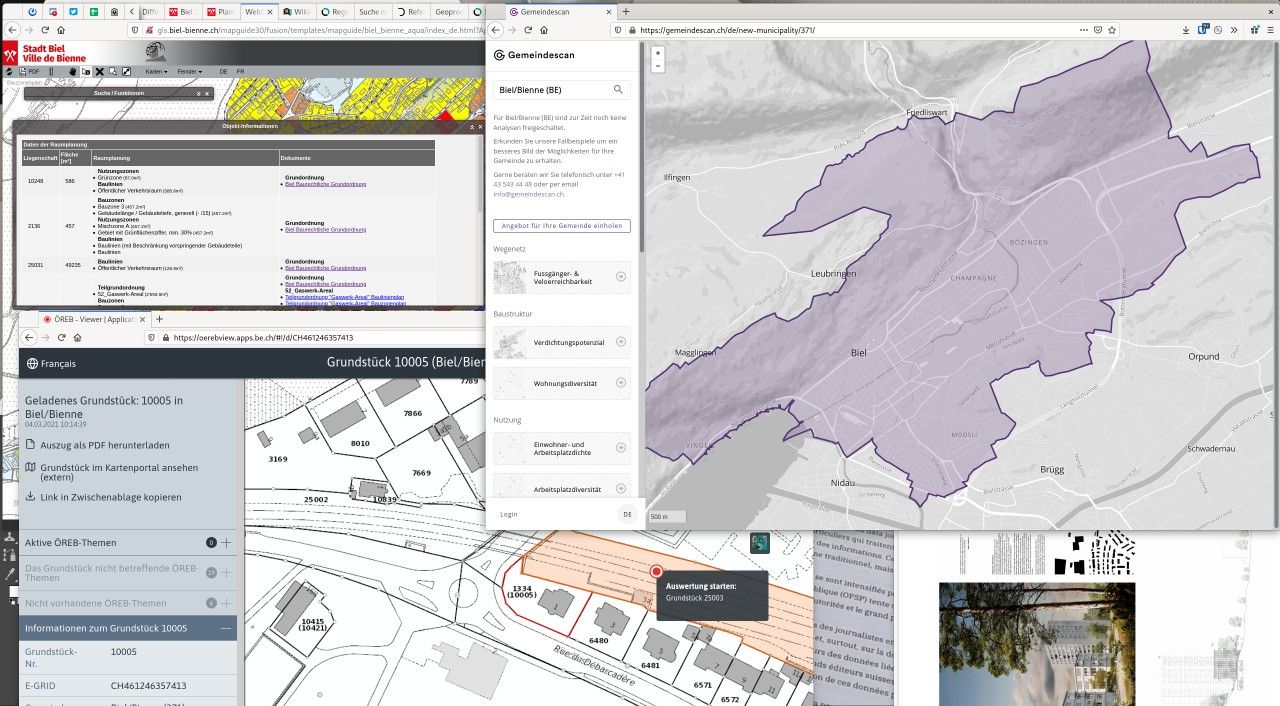
Around the same time, a grant from the Metropolitan Conference of Zürich funded the Smart Use investigation into the untapped potential of data science and visualization for urban planning. The partnership which formed around this became the company cividi GmbH, where I worked on open source mapping and data science platforms. We had many ideas and a smashing team that followed through on the most urgent and impactful ones. Among our outreach activities, we ran a hackathon in support of world-famous Swiss digital cartography – I wrote about this and more in the Geospatial tag of my blog.
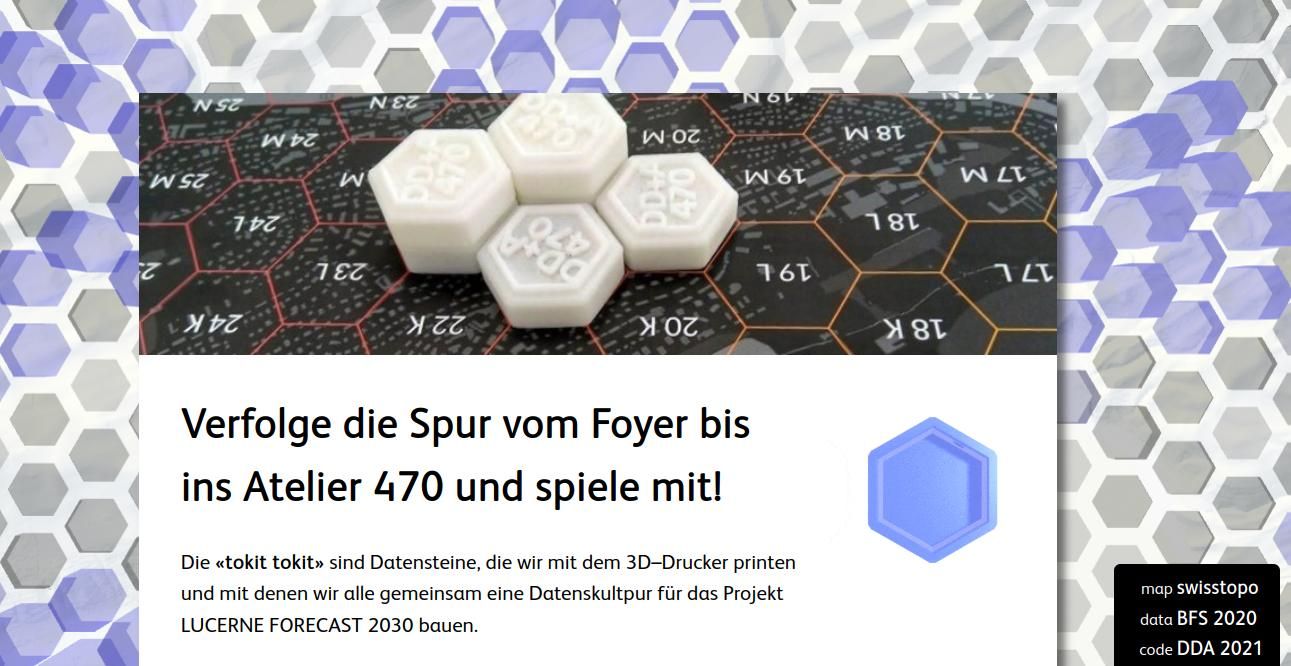
Bringing the two sides of me together – the technical generalist and the digital artist, in 2021 I jumped at the opportunity to help start a new degree program at the Lucerne University of Applied Sciences and Arts, or HSLU. I brought into this about 5 years of experience in teaching certificate modules (CAS) and guest lecturing at undergraduate and graduate level at the BFH in Bern.
The Bachelor in Data Design + Art is a pioneering program which combines the analytical and expressive, exposes the minds of students to many facets of data interpretation / visualization / communication, that are of vital importance to our connected & architected world. I already taught 12 semester tracks, ran 2 Data Skills elective modules, and now am celebrating our 1st graduates entering the workforce.
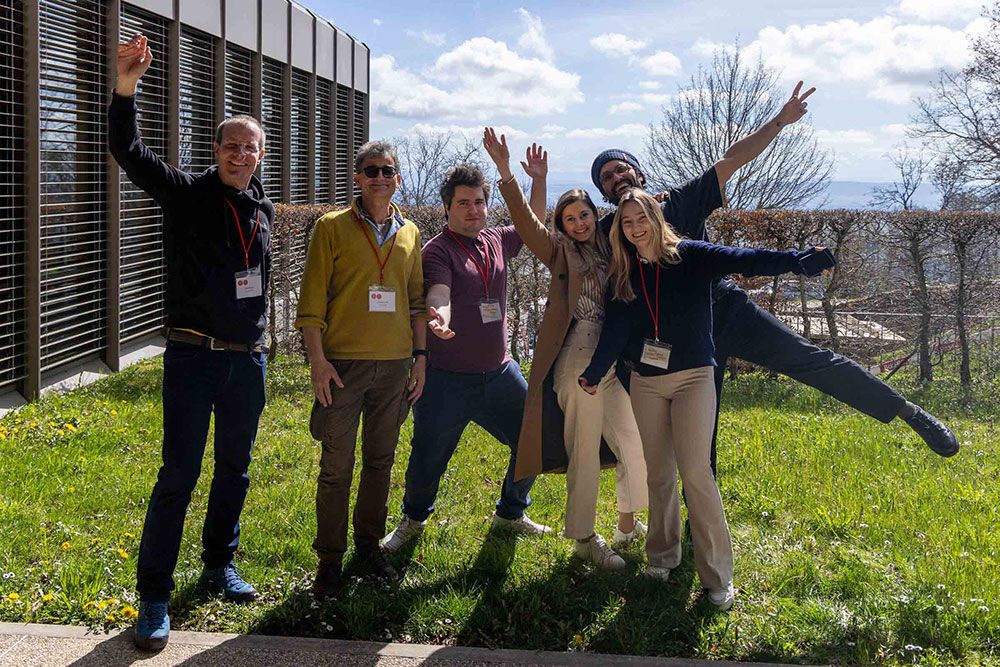
Today, I am committed to helping folks of all backgrounds and orientation to make use of co-creation and open prototyping for socially conscious and sustainable projects. I maintain the open source hackathon platform Dribdat.cc, and organizer network Hack:Org:X, support the research groups behind Hack4SocialGood, the DINAcon conference and HACKnights, School of Data Expeditions, workshops, classes, in support of this purpose. Join an upcoming event, which you can soon discover through EveryHack.day!

Besides all the above, at the foundation of all of this, my buzzing life is given grounding and meaning by my immediate family, our modest existence at the edge of a forest (the Könizbergerwald). The head of which is my gifted scientist and patient wife, Franziska (whose name probably evolved from Francia, an old geographical term). We share the air with our two incredible children (J0 & S1 😜), whose needs I serve with prerogative and pride – keeping a focus on life's all-too-brief essentials. Like going on a hike in the forest with Alpacas!
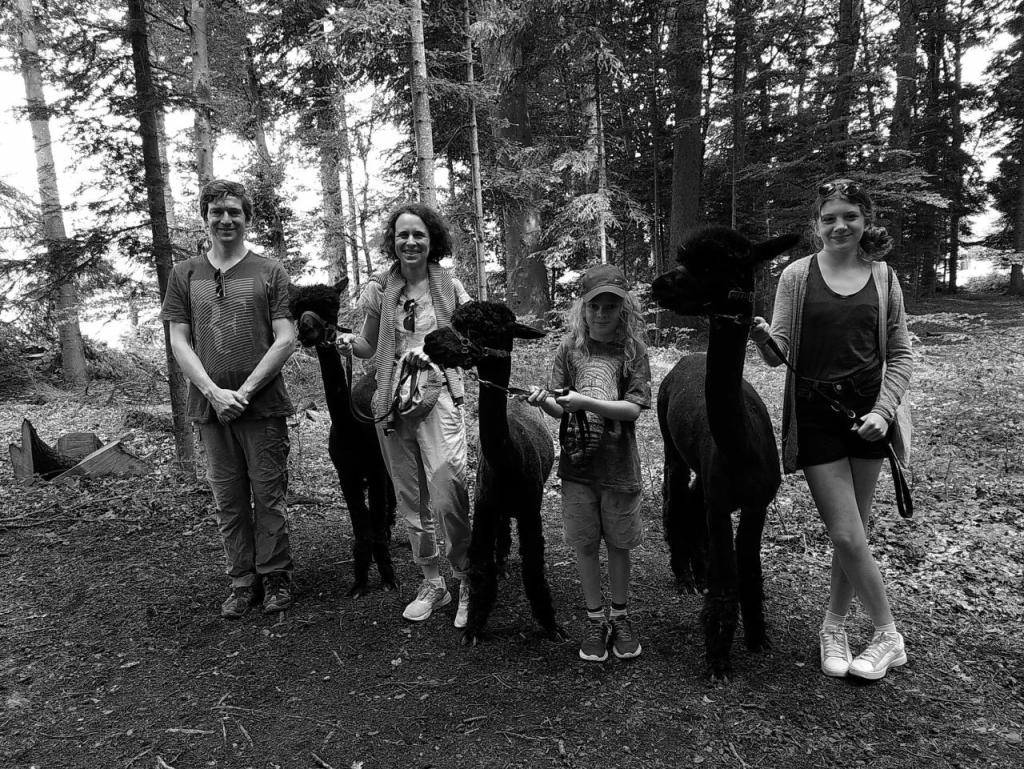
If there is one simple truth it behooves us to follow, it is this:
Be excellent to each other.
Thanks for reading! Feel free to write me a note and add your story.


